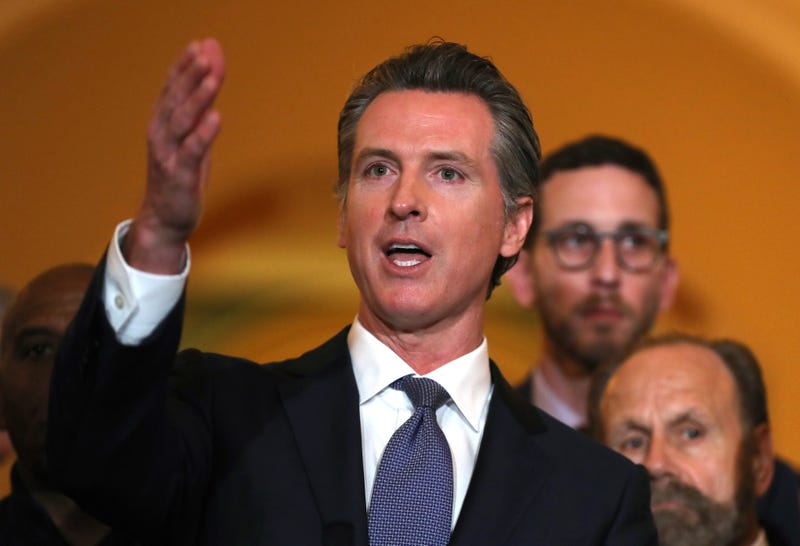
(KCBS Radio) – Governor Gavin Newsom has signed a first-in-the-nation bill that will allow college athletes to hire agents and make money off of endorsements.
Newsom’s decision to sign SB 206, also known as the Fair Pay To Play Act, came despite significant lobbying by the NCAA. The bill goes into effect in 2023 and also protects athletes from retribution from university officials. It does not apply to community college athletes.
Newsom hopes that by the time the law goes into effect in California, other states will follow suit.
But East Bay State Senator Nancy Skinner who authored the bill wants the NCAA to step up before that happens. “NCAA – the ball’s in your court. You now have the ability to do the right thing and give every student athlete across the country the right to their name, image and likeness.”
That is unlikely, as the NCAA has opposed the bill at every step, arguing it would “erase the critical distinction between college and professional athletes." The organization says while changes are necessary to provide better support to student athletes, it should happen at the national level to avoid creating confusion for current and future athletes, coaches, administrators and schools.
The NCAA says it is considering its next steps but did not specify whether that could mean a lawsuit.
